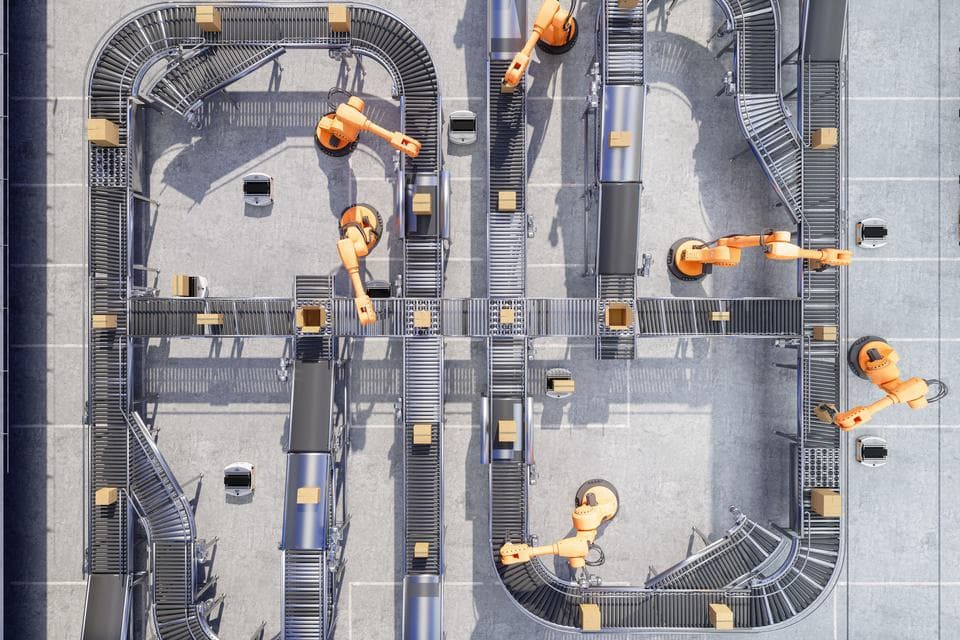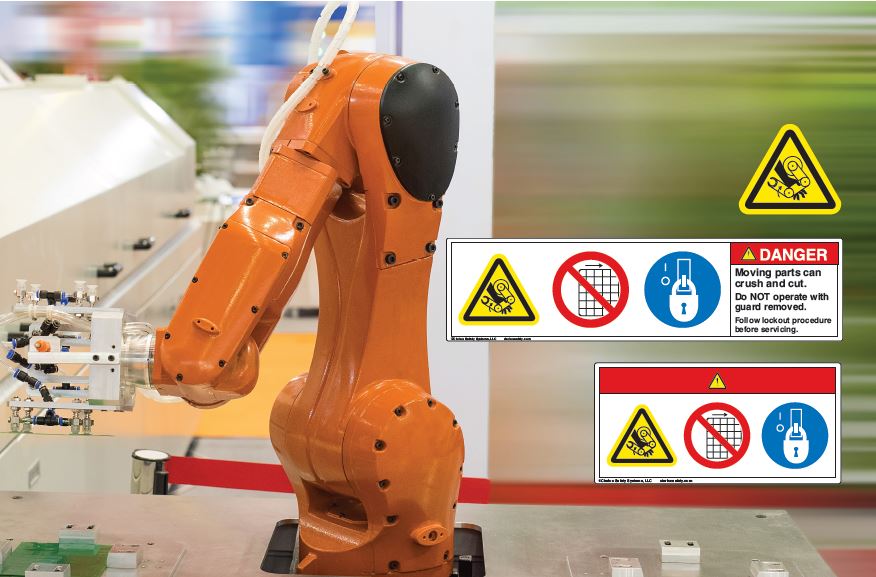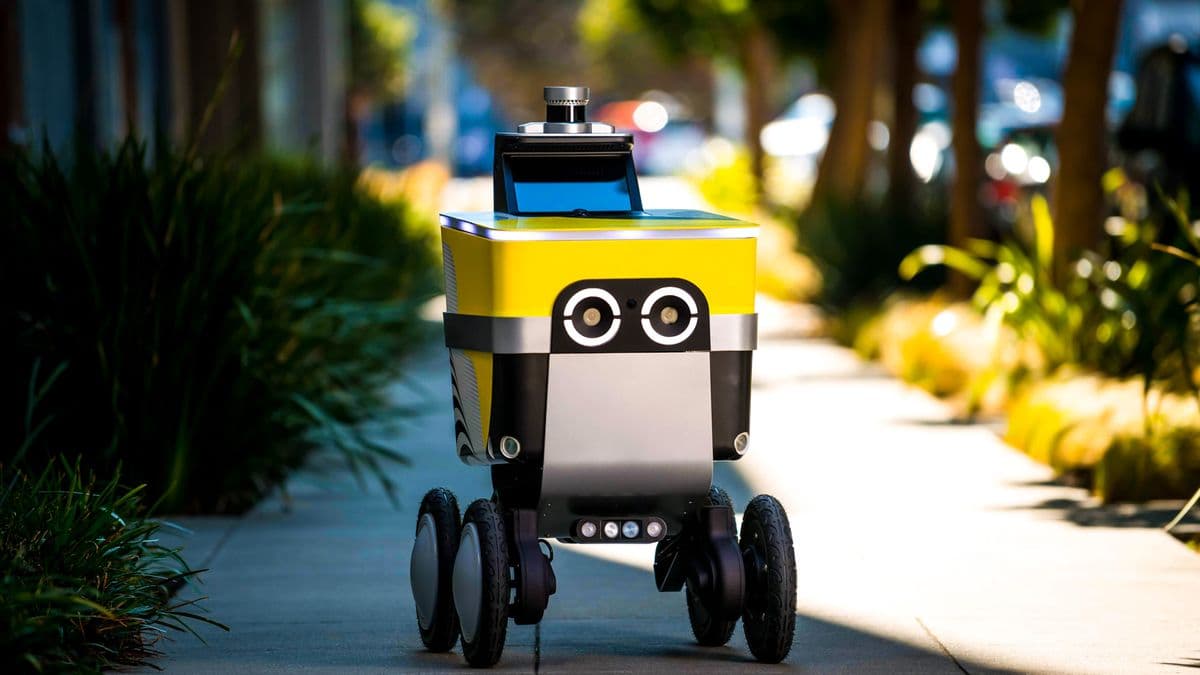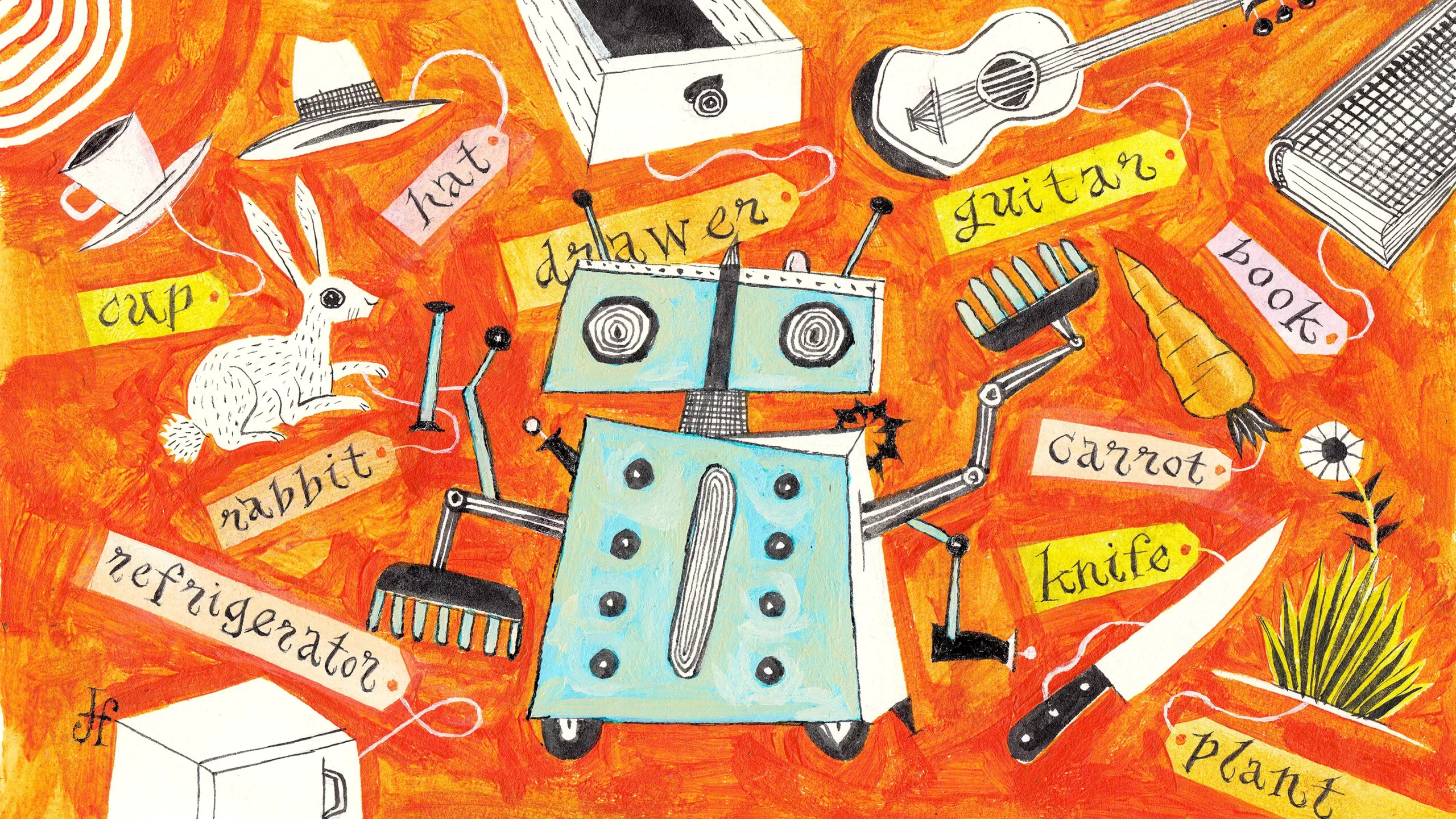
The Robotics Roundup is a weekly newspost going over some of the most exciting developments in robotics over the past week.
In today’s edition we have:
- Will The Dark Warehouse Ever Become Reality? Perhaps Not In Our Lifetime
- Can We Trust AI in Safety Critical Systems?
- 7-Eleven delivery robots hit the streets
- A fairy-like robot flies by the power of wind and light
- Machines Learn Better if We Teach Them the Basics
Will The Dark Warehouse Ever Become Reality? Perhaps Not In Our Lifetime
Fully autonomous warehouses are increasingly becoming a common talking point, with claims that the technology is right around the corner. However, Steve Shaheen (CEO and founder, DTG) believes that even with today’s rapidly advancing automation, a fully autonomous environment is still quite a ways away.
Can We Trust AI in Safety Critical Systems?
Modern AI systems are generally of the “black box” type, meaning that their designers and operators don’t actually know the details of how they are making their decisions. In many safety critical fields, this lack of knowledge about the decision-making process introduces too much risk, but is the productivity increase offered by AI worth accepting this risk or looking for additional solutions?
7-Eleven delivery robots hit the streets
After investing $13 Million into Serve Robotics in 2021, 7-Eleven is rolling out a pilot program for their delivery robots on the streets of West Hollywood, California.
A fairy-like robot flies by the power of wind and light
These beautiful micro-robots demonstrate an additional method of locomotion that can be accomplished by light powered micro-bots. Although the video here shows the robot suspended by a string, the robot is intended to be borne aloft on updrafts and gusts of wind.
Machines Learn Better if We Teach Them the Basics
One of the major remaining complications in the development of practical real world autonomous robotics is the inability for these systems to generalize. Prelearning can help to alleviate these issues by providing these systems a more sound framework to perform these generalizations and to better understand and process differences in their environments and tasks.



